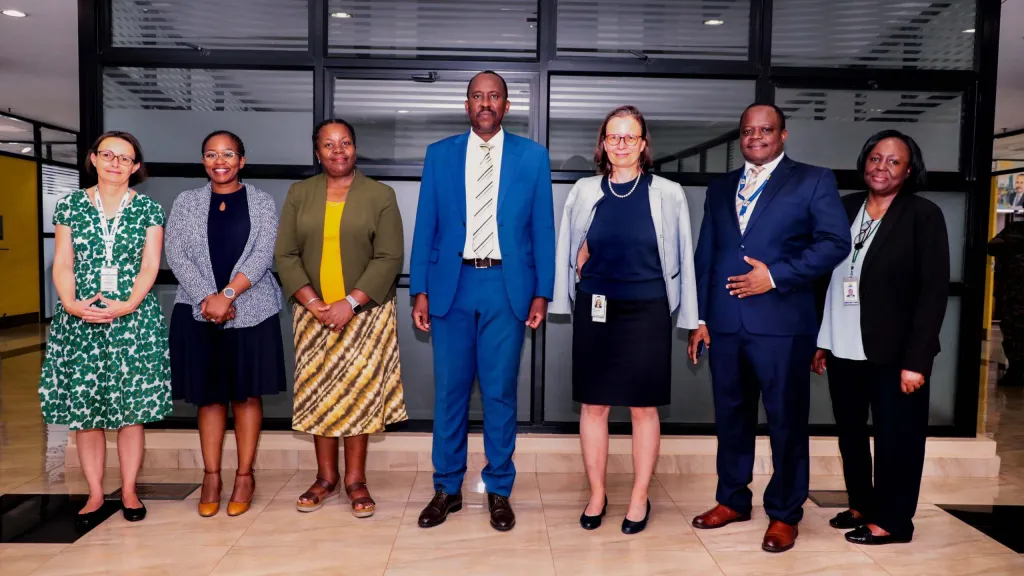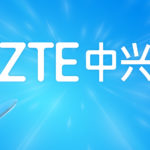The Commissioner General of the Uganda Revenue Authority (URA), John Rujoki Musinguzi has engaged with a high-level delegation from the World Bank, led by Dr. Verena Maria Fritz, the Lead Governance Specialist to discuss ongoing reform efforts and key challenges in Uganda’s revenue administration.
The discussions centered on Public Investment Management (PIMS), domestic revenue mobilization, climate change resilience, and IT system integration.
The World Bank delegation expressed interest in the status of Uganda’s PIMS reform efforts, particularly regarding revenue cash flow predictability. Musinguzi highlighted a significant challenge for the URA, which is the accumulation of government arrears that is putting a severe strain on revenue collection. He implored the World Bank to offer guidance on how the government can address this issue to enhance cash flow predictability.
The discussion also highlighted URA’s efforts to meet the Domestic Revenue Mobilization Strategy (DRMS), with focus on internal reforms to increase taxpayer compliance. Musinguzi emphasized URA’s commitment to digitalization and human capital development.
He highlighted various digital solutions implemented to enhance efficiency and boost tax collections, such as the Bonded Warehousing Information Management System (BWIMS), automated audits, and the Digital Tracking Solution. However, he acknowledged challenges during the rollout of the Electronic Fiscal Receipting and Invoicing Solution (EFRIS), particularly among small taxpayers, which led to a temporary suspension of enforcement and hindered full implementation.
On human capital development, Musinguzi discussed the establishment of a Tax Academy designed to equip staff with expertise in modern tax administration. He also mentioned the creation of a strategy and risk management division to address enterprise risk and guide future organizational direction. To combat corruption, URA has formed an Integrity, Compliance, and Ethics Division to enhance transparency and accountability within the tax system.
“We are committed to building a robust tax administration that is not only efficient but also transparent and accountable. Strengthening our human capital and enhancing our digital capabilities are key pillars in this journey,” Musinguzi said.
The meeting also covered IT system integration, a crucial area for improving efficiency and collaboration within the revenue administration framework.
The URA Commissioner Information Technology and Innovation Robert Mutebi shared URA Digitalization and ICT strategy with reforms focused on creating a more efficient and taxpayer-friendly environment.
“Strategically, we have recognized that technology is a vital enabler for enhancing the customer experience. We have made a deliberate decision to ensure that all revenue we collect is traceable through advanced automation,” Mutebi noted.
The discussion also touched on incorporating climate change resilience into revenue administration. While specific strategies were not detailed, there was agreement on the need to build resilience against climate-related risks that could impact revenue collection.







